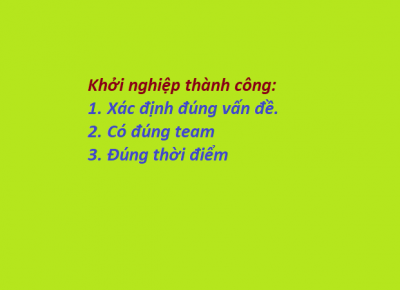Why learn English Language?
FOR THE SERIOUS PLEASURE OF READING. We come to English to read with understanding and insight. We find surprise and satisfaction in the well-wrought sentence, examining its contribution to ingenious plots and poetic effects. We find challenge and discovery in the encounter with perspectives not our own, exploring their capacity to reflect and even change the world. The English language encompasses a long history of human meaning-making, and by studying a wide variety of writing in English, we are able to encounter the strange and know better the familiar, drawing complex perceptions into articulate language.
TO ACQUIRE TOOLS THAT WILL NEVER LOSE VALUE. Seminars and lectures in English teach skills not only for approaching texts, but also for approaching the world. Many of those skills, like the ability to read analytically and write articulately, are more and more prized, as communication does and will continue to facilitate our daily engagements. The English major’s tools will never be obsolete, and they will prove relevant to any classroom, office, or creative venture.
TO LEARN HOW LANGUAGE SHAPES THE WORLD. The social world consists of discourse. Politics, religion, and philosophy live in language, in the ear, on page and on screen. In the forms and histories of writing, we observe the movement of ideas and technologies. Studying narrative, we learn about the experience of time and history. In the writing of the past, we discover both its intimacy and its distance from us. In the writing of the present, we encounter the varied experiences of others at their most articulate and at their most revealing.
TO SEE THROUGH OTHER EYES. And, just as vitally, to learn how we appear to others. Reading stories told from diverse perspectives can help us to understand the varied voices and experiences that constitute our community and our world. Through literature, underrepresented voices can be heard. Novels, poems, non-fiction essays, and plays offer spaces for engaging with difference — an urgent task for our society.
TO NAVIGATE A GLOBAL WORLD OF ENGLISH. English literature is produced and consumed around the world. Non-Anglophone nations are now offering university classes conducted in English in response to the globalization of our language and the rise of the new English-speaking populations around the world. The skills you acquire will put you in a position to thrive in this complex, multinational, transcultural world of English.
TO UNDERSTAND THE EFFECT OF CHANGING MEDIA. Although some have claimed that “print is dead,” the book persists. Online, on tablets, smartphones, and e-readers, we read constantly. This is not the first media revolution in the history of writing; there was literature before there were books, and there were books before print. In courses on the history of the book, on new media, on literature and technology, you will find in our department new ways to understand the dynamism of a written world that has always been in flux. As we find ourselves inundated with media, your ability to read critically and with an eye to form will become all the more essential.
TO EXPLAIN YOUR WORLD. The chance to analyze the literary space of a novel or poem is a chance to engage with a microcosm of the world as great writers see it. By learning to recognize themes and motifs in literary texts, one practices reading them into our own material world. Armed with this analytical skill set, you can emerge from the seminar room ready to engage with life at all its various and symbolically significant levels.
TO WRITE INTELLIGENTLY, BEAUTIFULLY, PERSUASIVELY. The English major values the choice of a right word. Training in writing is central and sustained, and the department’s focus on articulation also helps sharpen your critical reading skills. In the department, choosing the apt word is paramount, and professors work to help you find its proper place in a cohesive thought. Whether you write song lyrics or business memos, novels or legal briefs, you can apply the writing skills we are ever-developing in the English department to anything you wish to express.
ABOVE ALL, TO BE HAPPY. Valuable to employers and useful to the world, your degree in English will adapt to whatever future plans you may devise. But perhaps most importantly, an English major learns to become a holistic person, versed in many facets of the world’s knowledge, capable of making sense of them in conversation, and able to best express these insights to the world. In Yale’s English department, we read, write, analyze, and discuss, all because we find pleasure in these endeavors.
From Yale's English Department









